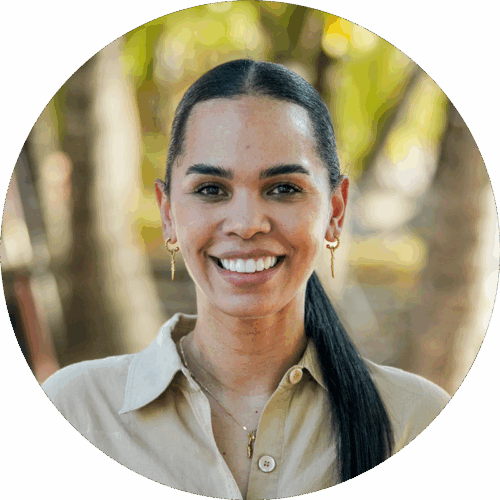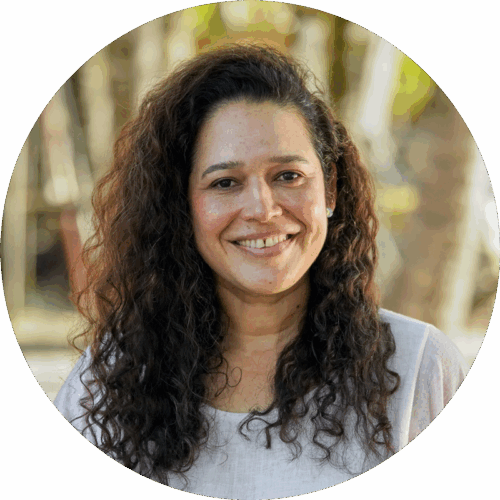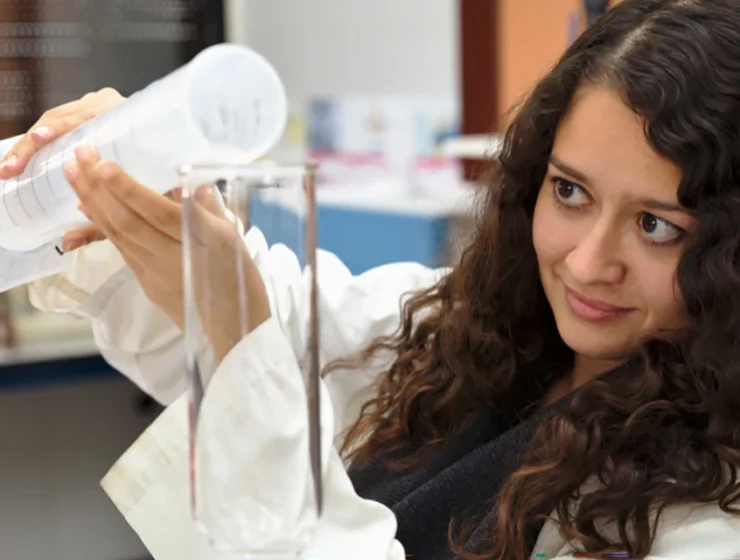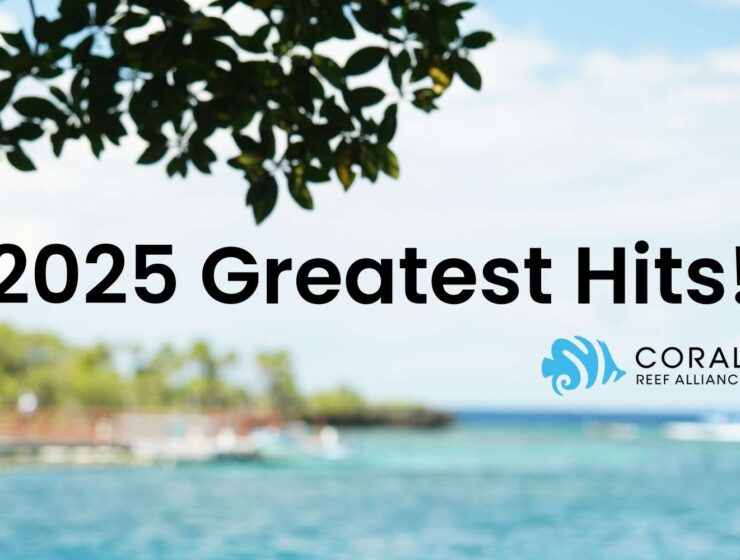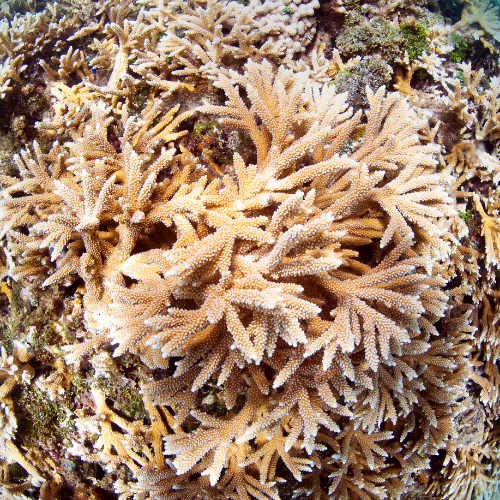
An underwater paradise
The Mesoamerican Reef within the Western Caribbean is the largest barrier reef in the Western Hemisphere and home to some of the last healthy populations of staghorn and elkhorn corals. Its picturesque beaches and dive sites attract visitors from around the world. But it faces significant threats, including climate change, land-based pollution, and unsustainable fishing.
We have nearly 25 years of experience working in the Western Caribbean, with an emphasis on building resilient communities and addressing direct threats to coral reefs. We believe that our work in the Western Caribbean—pairing cutting-edge science with community engagement and activation—can serve as a replicable model for coral reef conservation efforts around the world.
Saving the Western Caribbean’s coral reefs
Our work in the Western Caribbean includes four priority sites in Honduras (Roatan, Utila, Trujillo, and Tela Bay) and one in Mexico (Cozumel). Working at a regional level magnifies the results of local conservation efforts.
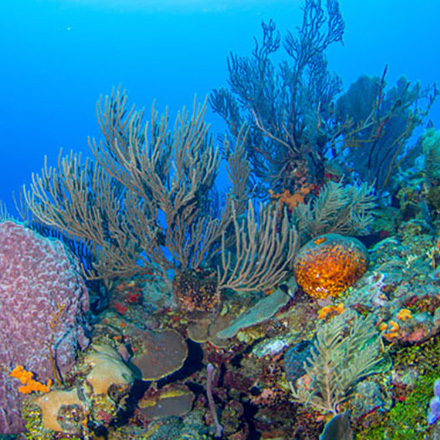
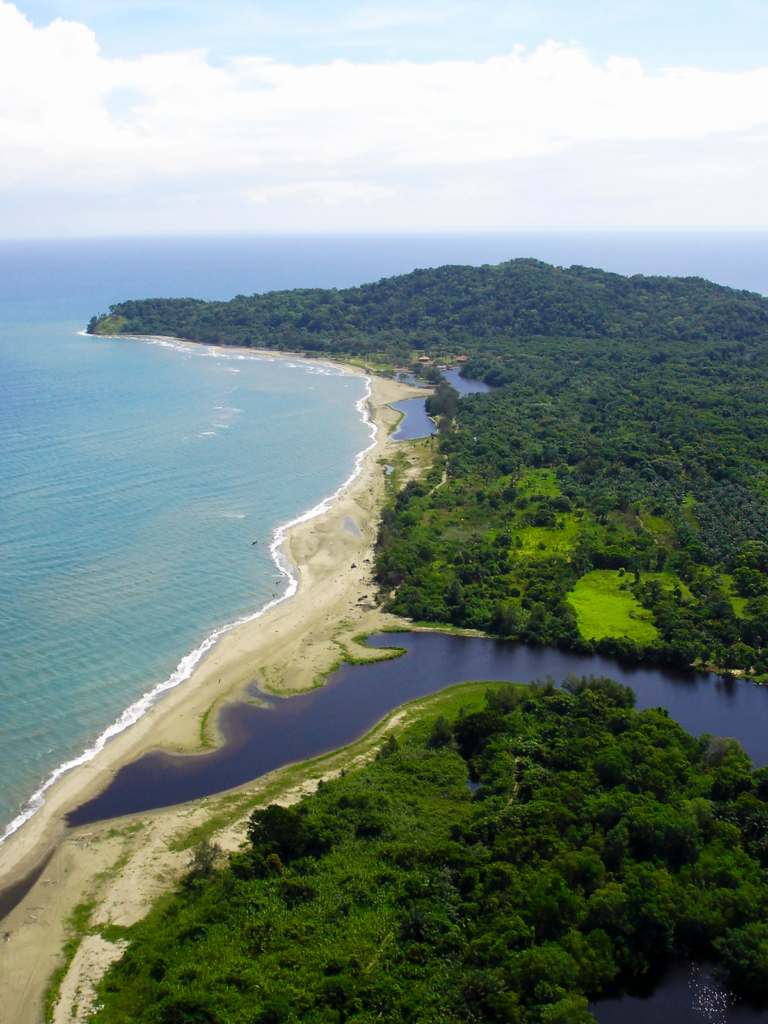
Our work in Honduras focuses on filling a substantial gap in ensuring coral reefs have what they need to survive—clean water.
Our Clean Water for Reefs initiative in Honduras has resulted in measurable improvements to coastal water quality and has set the stage for addressing wastewater pollution across the MAR. Thanks to our efforts with partners in West End, Roatan, over 28.6 million gallons of sewage per year are now being treated, which has resulted in a significant reduction in Enterococcus bacteria since 2013. The nearby Half Moon Bay beach is now a certified Blue Flag beach for its clean water. We currently collaborate with the Inter-American Development Bank and the Central American Bank for Economic Integration to update and improve wastewater treatment infrastructure across all of Honduras’ coastal municipalities.
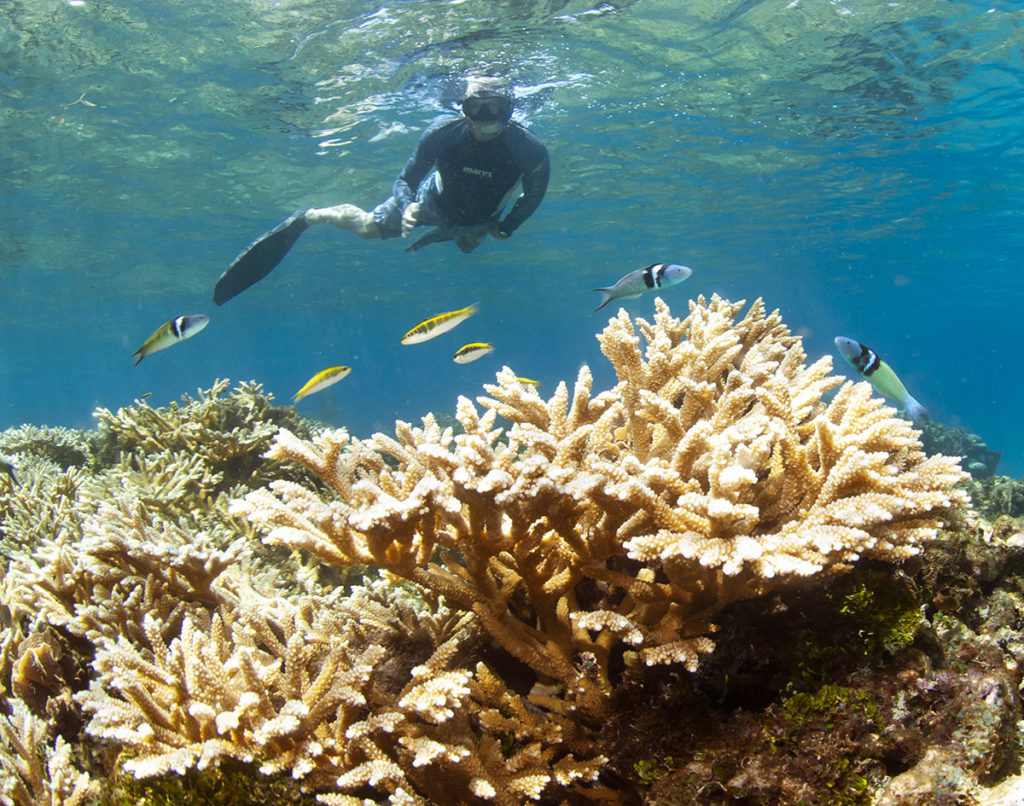
We have implemented improved management systems for numerous Marine Protected Areas (MPAs) in Roatan, Utila, Trujillo, Guanaja, and Tela Bay.
We ensure that management plans include actions to reduce fishing pressure, especially for herbivorous fishes that control macroalgal growth and maintain healthy corals. We also address the underlying social and economic drivers of overfishing and create win-wins for communities and the environment by promoting income diversification projects. We take a community-centric approach to ensure local stakeholders have the capacity to manage their own resources. As an example, we recently worked with our partners to establish an informal fisheries co-management system in the Tela Bay, which lead to an improvement in lane snapper and blue runner populations.
An inspiring role model
Our research tells us that if we reduce human impacts on coral reefs in strategic places, we can create the necessary conditions for coral reefs to evolve naturally and survive climate change. The Western Caribbean is a great demonstration of what this conservation approach looks like in real life—partnering with local communities to build a network of healthy coral reefs that can adapt to global changes.
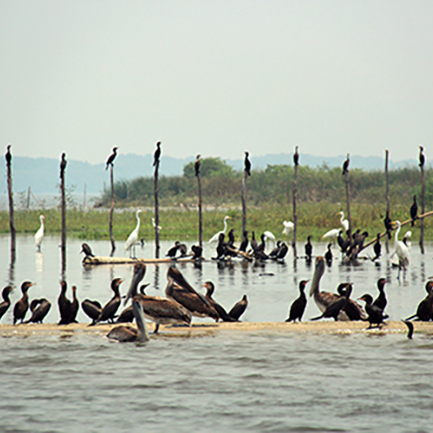
Western Caribbean Program Staff
Tanya Amaya
Regional Director, Conservation Programs (Western Caribbean)
Pamela Ortega
Manager, Clean Water (Western Caribbean)
Javier Pizaña-Alonso
Program Manager, Mexico
Julio San Martin Chicas
Program Manager, North Coast (Honduras)
Monica Urrutia
Community Scientist
Ana Bessy Valdés Martínez
Community Scientist
